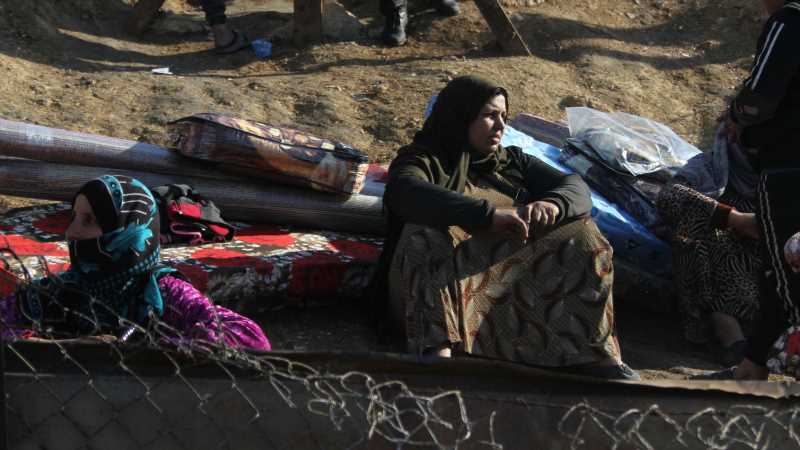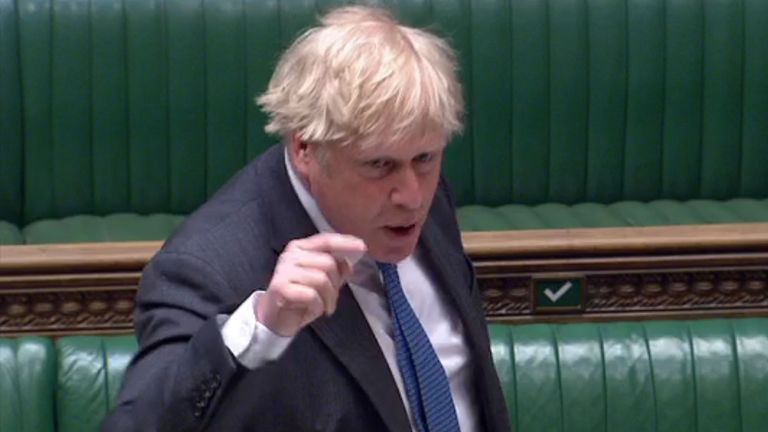Boris Johnson may live to regret his raid on the overseas aid budget if the short-term benefit to UK coffers is overshadowed by a much costlier, enduring price for the planet.
The prime minister rationalised the “temporary” cut of the aid-spending target to 0.5% of national income from 0.7% – in breach of a manifesto pledge and a legal requirement – as being necessary because of the economic hit to Britain from the coronavirus pandemic.
And it is true the decision last November has enabled him to claw back a few billion much-needed pounds to help British families and businesses at a time of crisis.
But we are now starting to learn what those savings made by the UK will mean for the most vulnerable families in places like Yemen and Syria, where British aid saves lives in the face of conflict, a lack of food and poor health facilities.
It is easy to hold up a project where aid was spent badly or wasted and use this as a tool to argue for all taxpayer cash to be spent in the UK rather than on official development assistance (ODA).
But – as well as being morally wrong given the UK’s status as one of the largest economies in the world – development officials argue that this is such a short-sighted view.
Overseas aid spent well – something the now abolished (rather “merged”) Department for International Development (DfID) had eventually become good at – not only saves lives in the most deprived countries but it is designed to reduce poverty and enable development.
The goal is to lift communities out of poverty in a sustainable way that helps build stability and security in a country, which in turn leads hopefully to prosperity and growth.
A failure to invest in the long-term programmes that are designed to facilitate this change, like the lifesaving work the UK was funding at the United Nations family planning agency (UNFPA) to help women and girls avoid unwanted pregnancies and dangerous abortions, means there will be greater instability, which leads to greater insecurity.
That is a tragedy for the developing world.
But it also impacts the relatively comfy lives of people in the UK and other richer nations, through increased migration and a greater threat from terrorism, launched by groups that have been allowed to grow in impoverished and ungoverned spaces.
And then there is the need to react – potentially with military force (far more expensive than the soft power of well-targeted overseas aid) – should a war erupt in a distant land, like Afghanistan, that the rest of the world had turned its back on.
Source: Read Full Article


